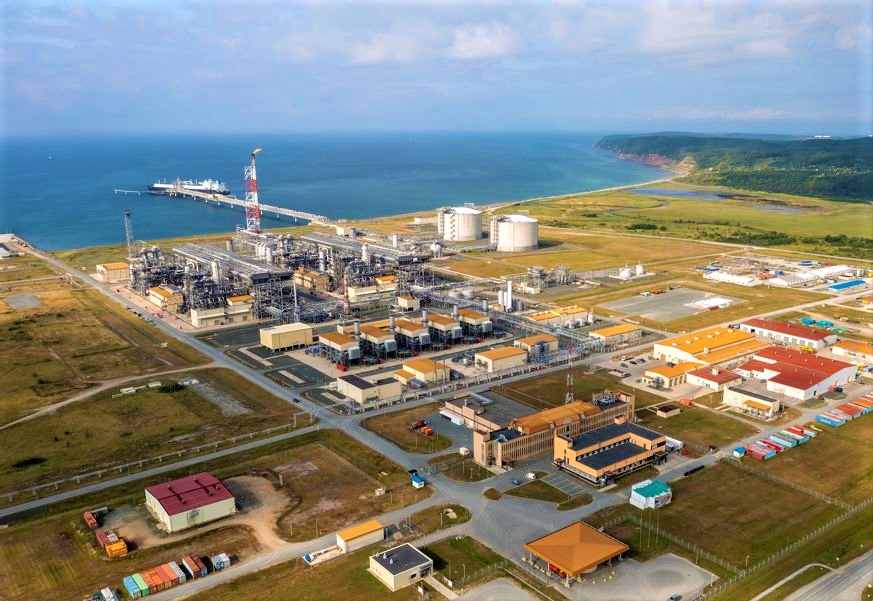LNG giant Shell said it was looking into the implications of a decree that would allow Russia to take over control of the Sakhalin-2 LNG export terminal.
“As a shareholder, Shell has always acted in the best interests of Sakhalin-2 and in accordance with all applicable legal requirements,” a Shell spokesperson told LNG Prime in emailed comments on Friday.
“We are aware of the decree and are assessing its implications,” the spokesperson said.
The five-page decree signed by President Vladimir Putin says that Russia would create a new company which would take over all rights and obligations of the Sakhalin Energy Investment Company due to Western sanctions imposed on Russia.
According to the document, Russian government would decide whether foreign shareholders are to remain in the Sakhalin Energy Investment Company.
Shell has a 27.5 percent interest in in the Sakhalin-2 LNG export terminal, while Russia’s Gazprom has a 50 percent operating stake. Japan’s Mitsui owns 12.5 percent stake and compatriot Mitsubishi holds 10 percent in the plant.
Most of Sakhalin LNG volumes go to Japan
The Sakhalin-2 LNG facility, operated by Sakhalin Energy, started producing LNG back in 2009 with a design capacity of 9.6 mtpa, but due to technical improvements and upgrades, together with weather and temperature conditions, production rose by 20 percent.
Most of these volumes land in Japan, followed by South Korea, Taiwan, and China.
Shell said earlier this year it would exit its joint ventures with Russia’s Gazprom and related entities, including its stake in the Sakhalin-2 LNG export terminal. The firm has been in talks since to sell the stake.
On the other side, both Mitsubishi and Mitsui previously said they would retain their stakes in the LNG plant as Japan imports most of Sakhalin LNG cargoes.
Japanese companies Hiroshima Gas, Jera, Kyushu Electric, Osaka Gas, Saibu Gas, Toho Gas, and Tohoku Electric receive LNG supplies from the Sakhalin plant, according to GIIGNL.
Other buyers include South Korea’s Kogas and Taiwan’s CPC.

